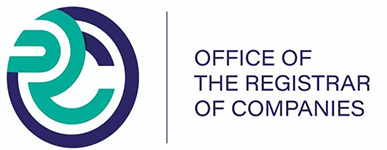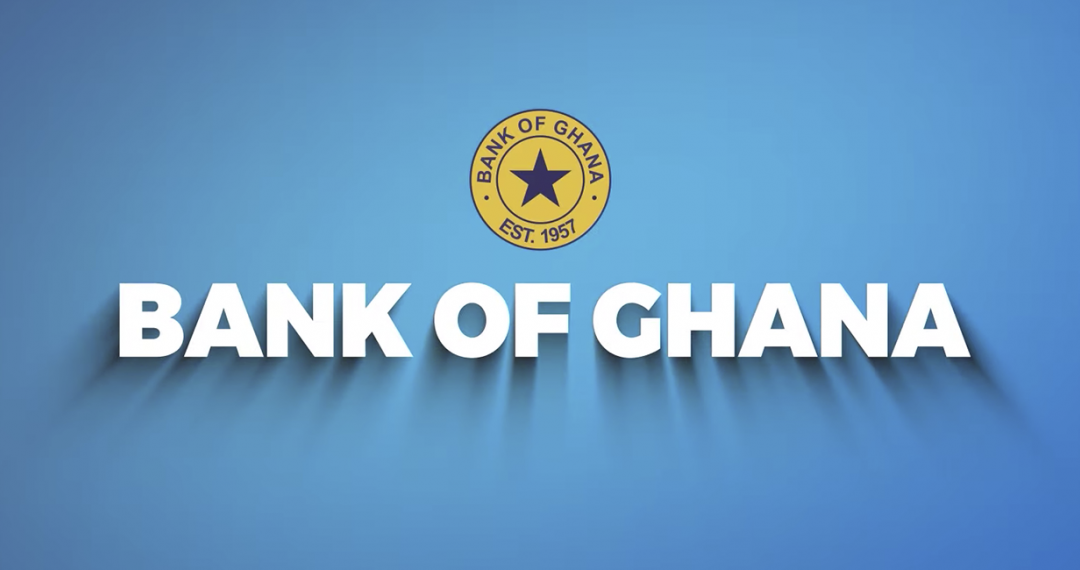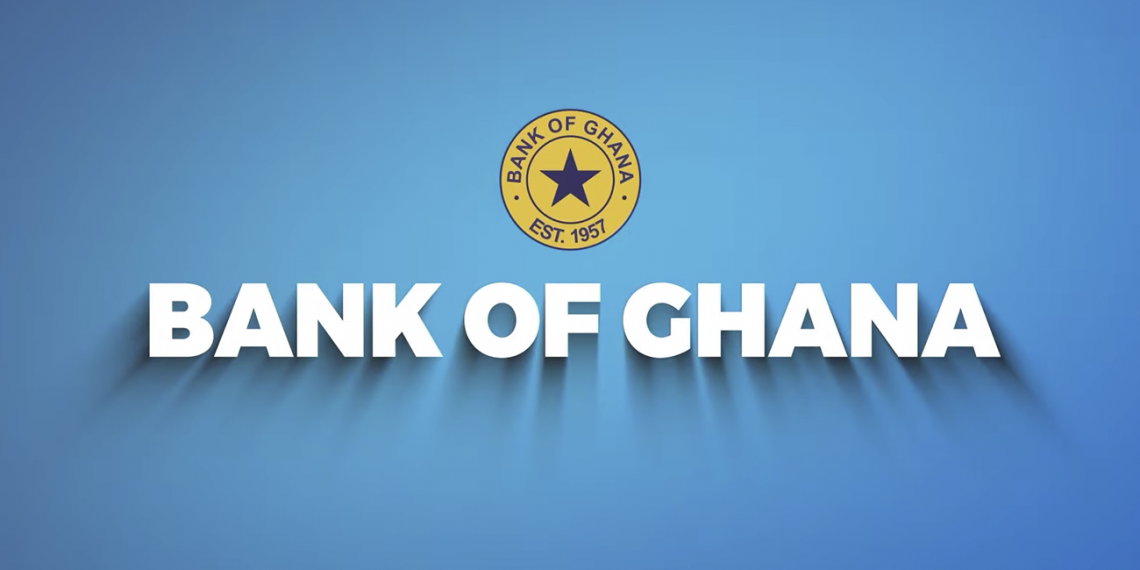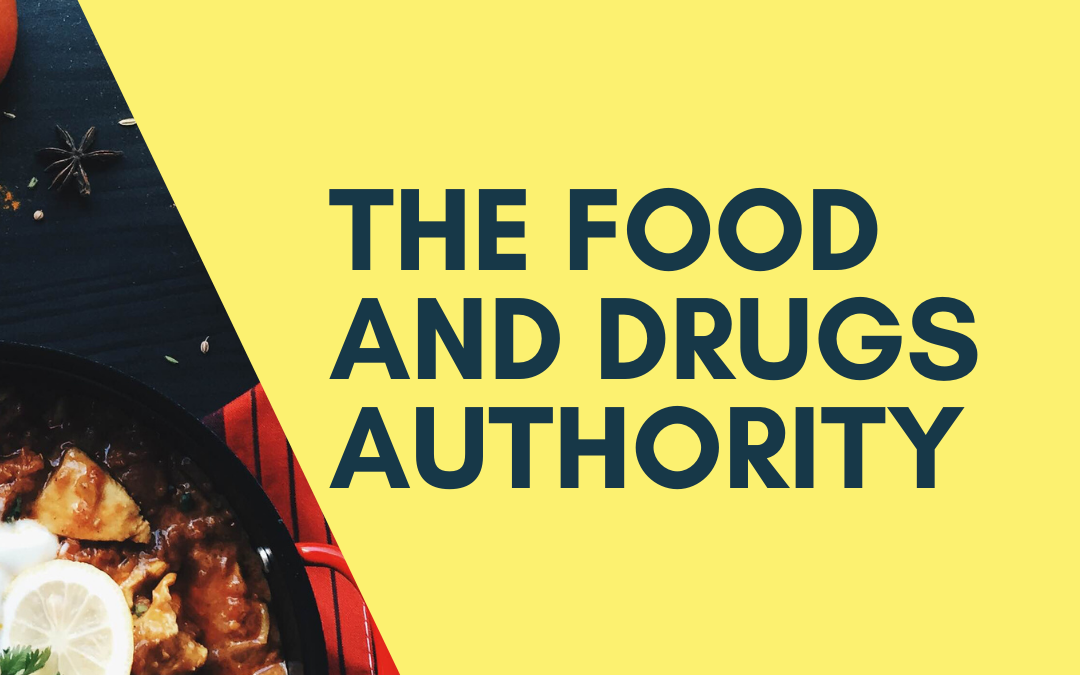ENFORCEABILITY OF A CONTRACT
In today’s read, we will be looking at the enforceability of a contract. Contract simply refers to a formal and legally binding agreement between parties.
A valid contract must have the following elements:
- Offer and acceptance: There must be an offer usually in the form of a promise from party A and acceptance of the offer by party B.
- Intention to create legal relation: The parties must show an intention that the contract is intended to have legal consequences. This is important because not all agreements are intended to create legal obligations.
- Consideration: The element of consideration provides the court with a reason to enforce the contract. it is usually something of value given in exchange for a promise. It can be in cash or kind.
- Capacity: The parties must be of full age and sound mind in order to enter into a valid contract. For public policy reasons, where persons who are not of full age or sound mind enter into a contract, the law determines the extent of enforceability of such contract.
In general, all the above-mentioned elements must be present before a contract can be deemed enforceable in law.





